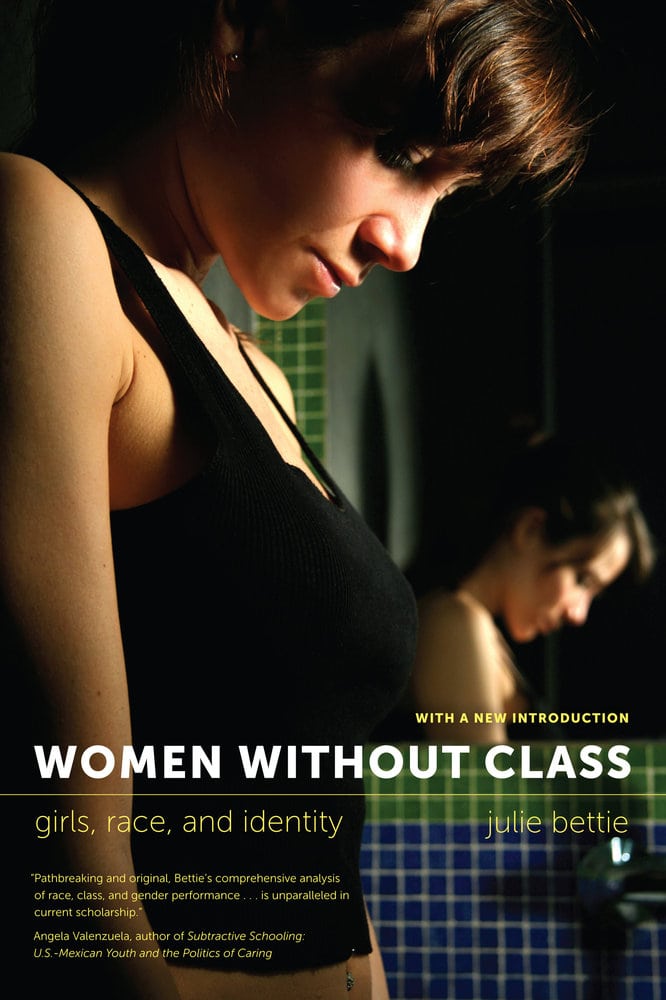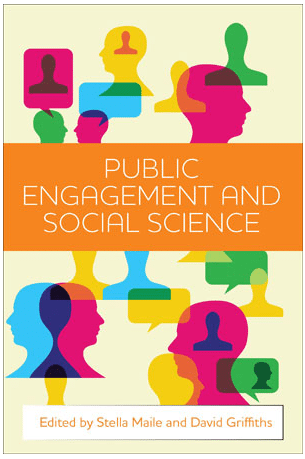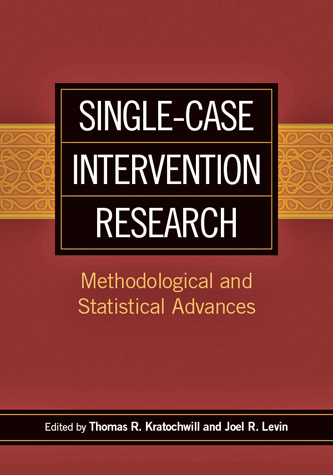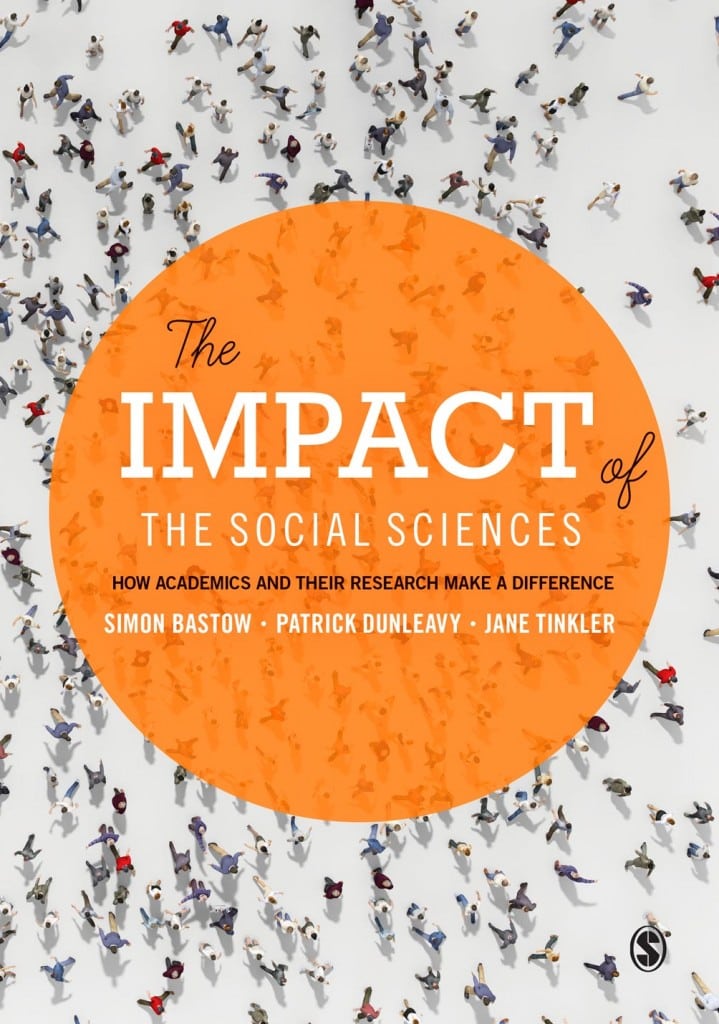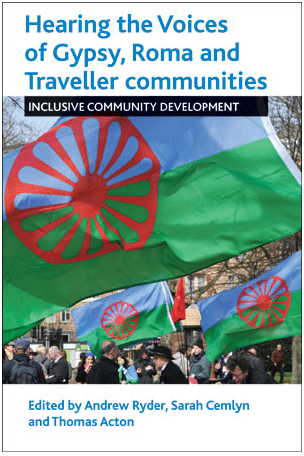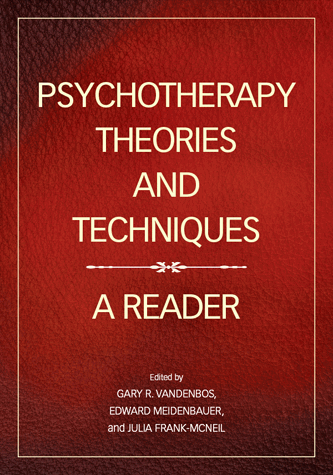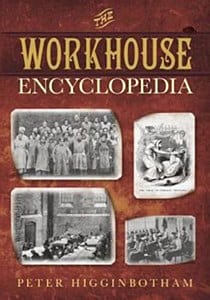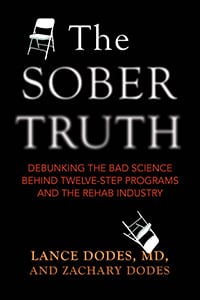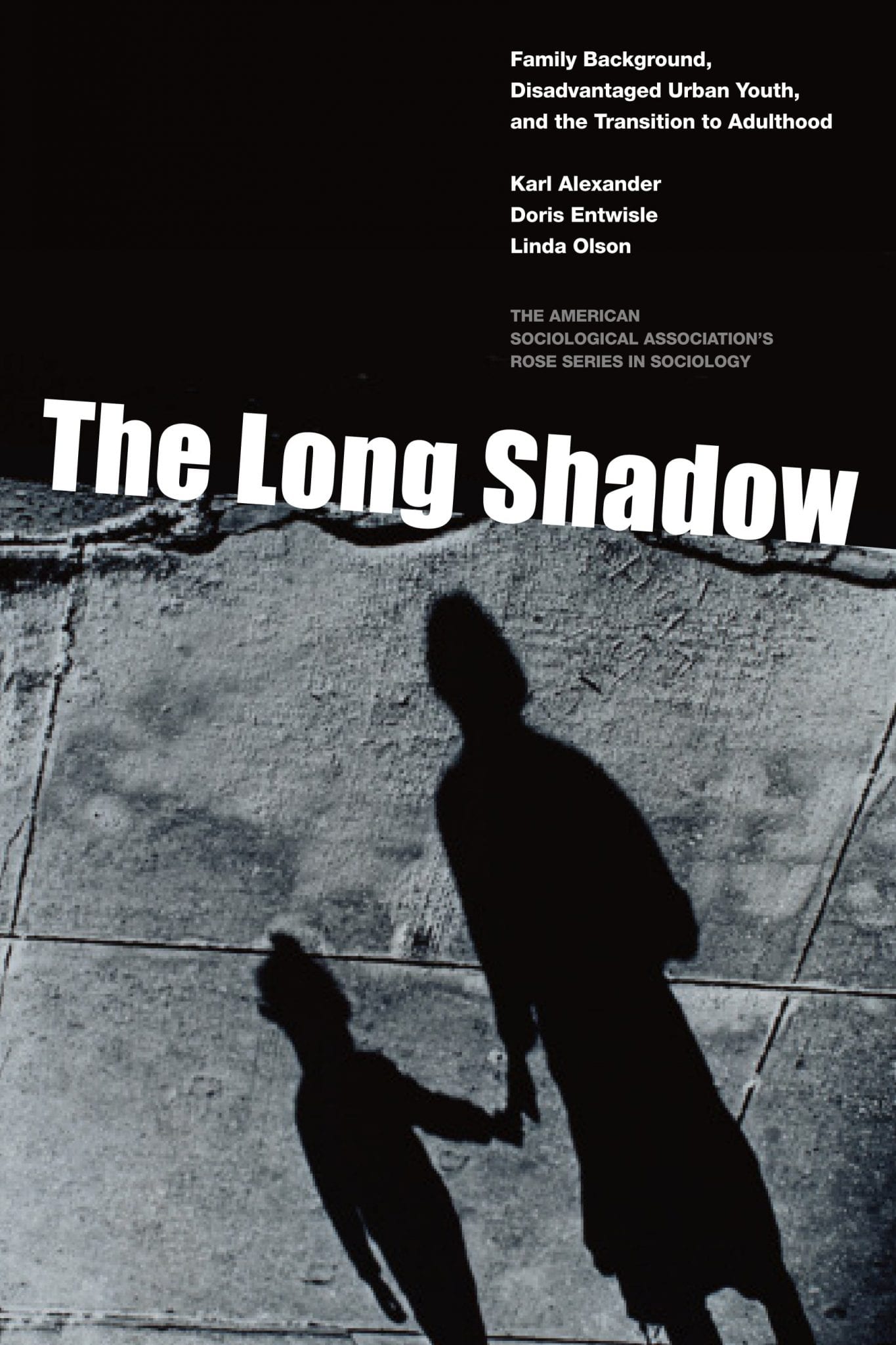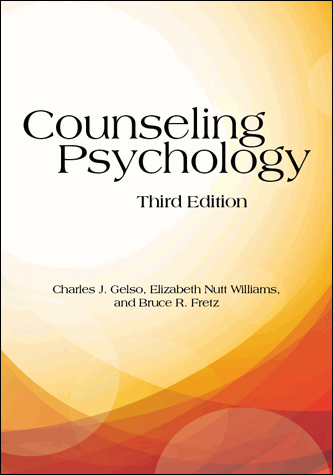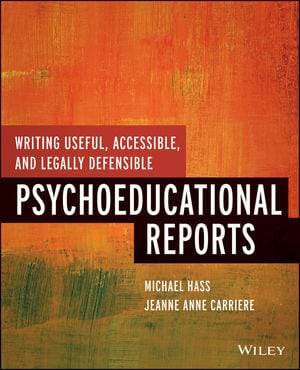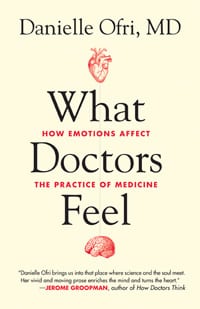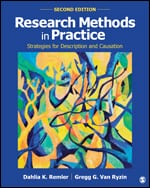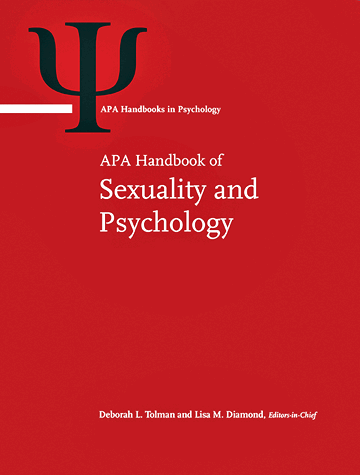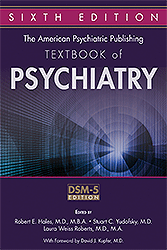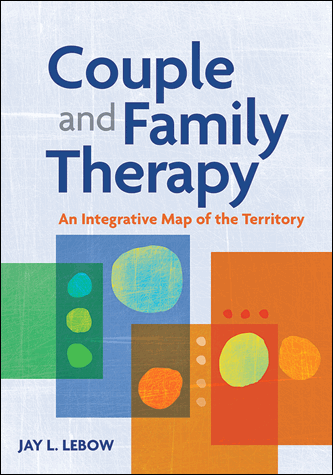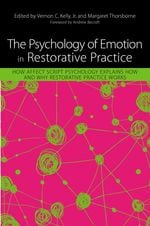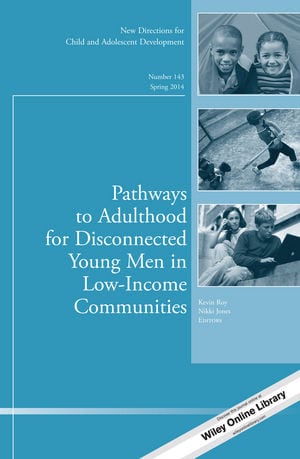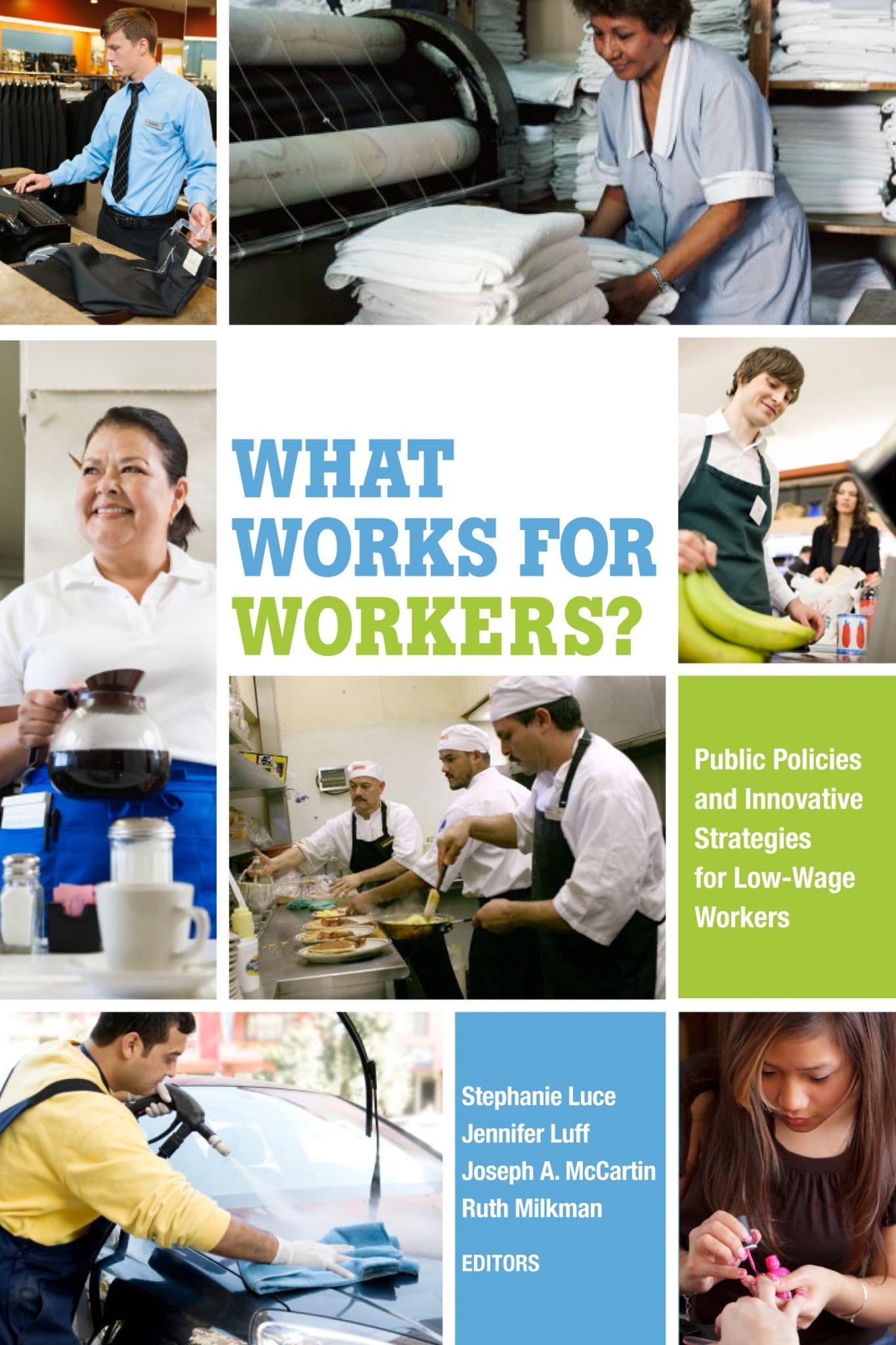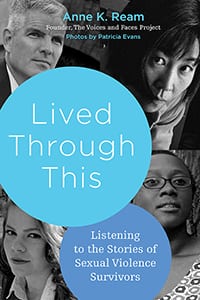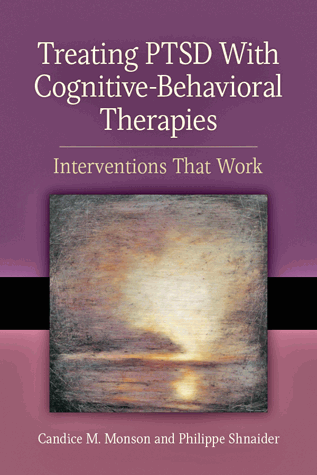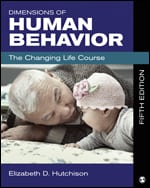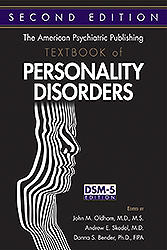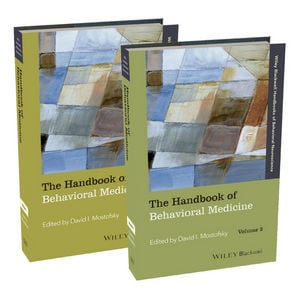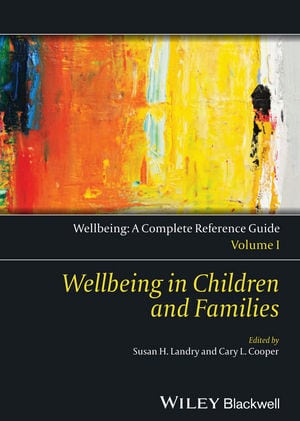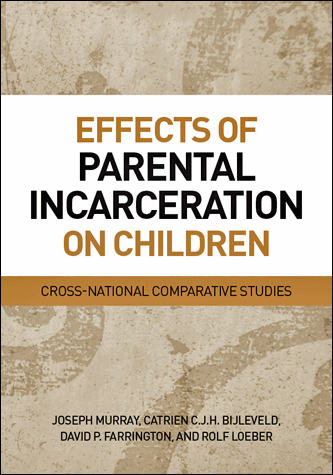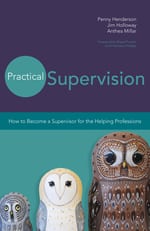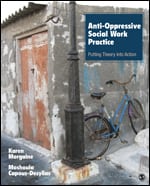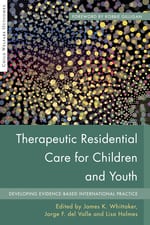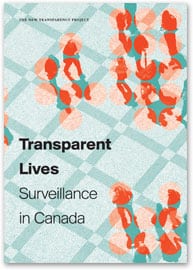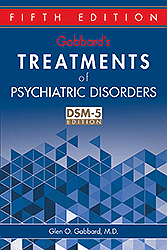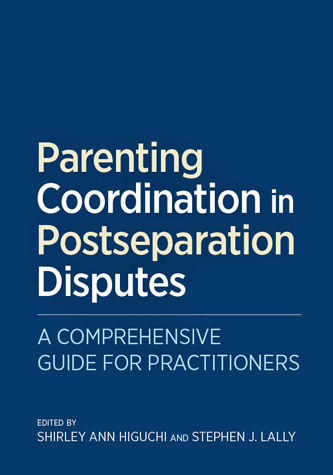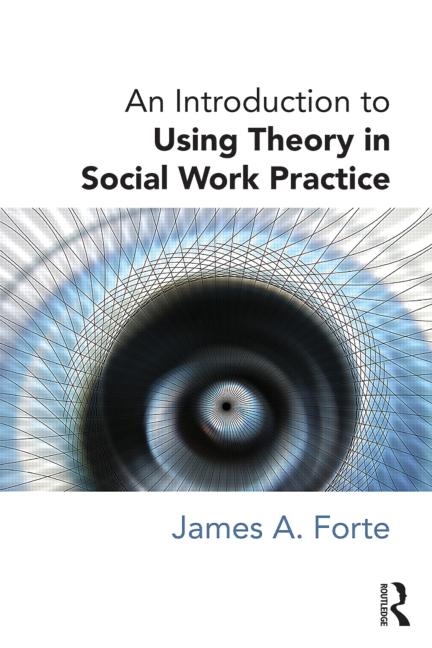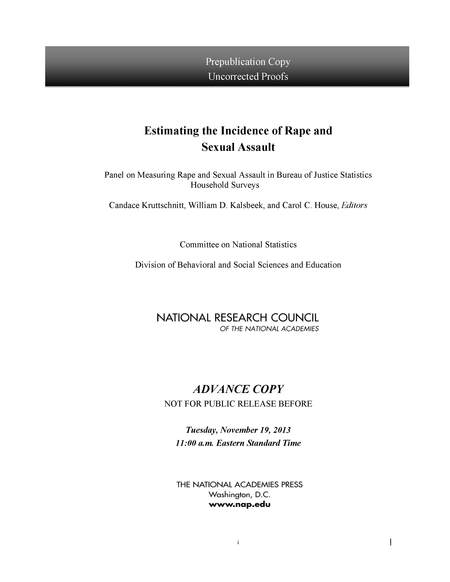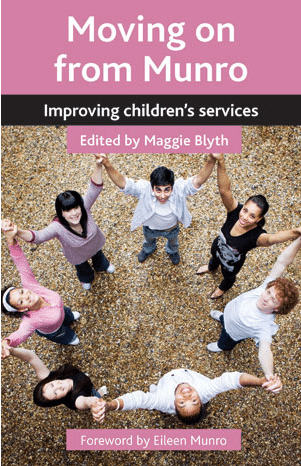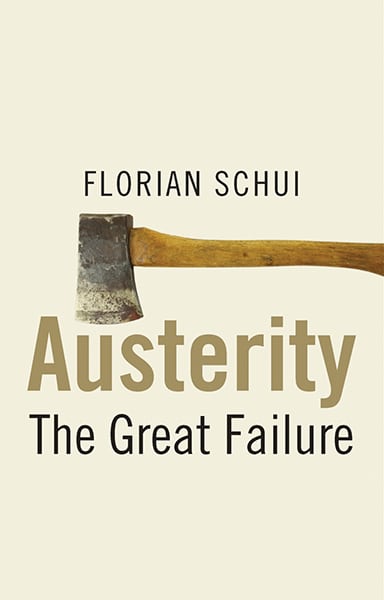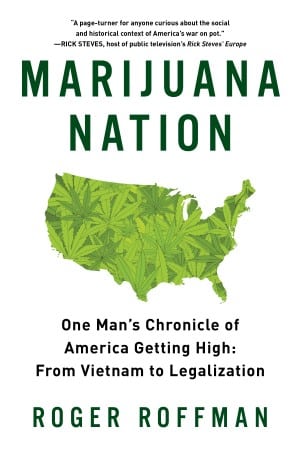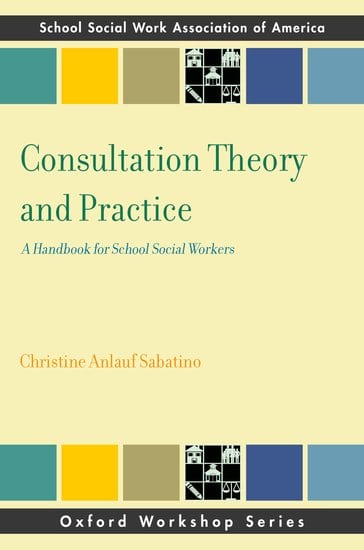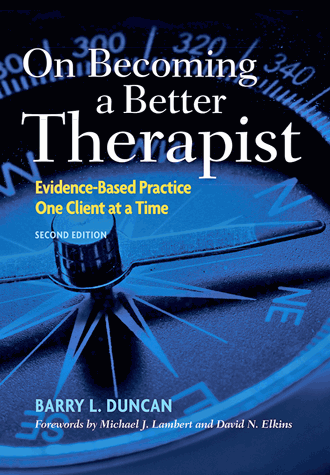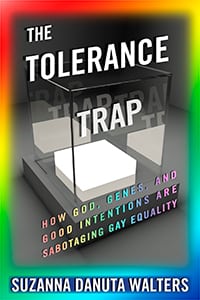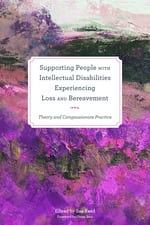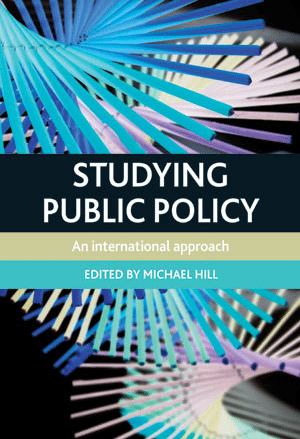Public engagement and social science
Single-Case Intervention Research: Methodological and Statistical Advances
Keeping Foster Children Safe Online: Positive Strategies to Prevent Cyberbullying, Inappropriate Contact, and Other Digital Dangers
The Impact of the Social Sciences: How Academics and Their Research Make a Difference
Hearing the voice of the Gypsy, Roma and Traveller communities: Inclusive community development
Over the past decade, interest in Gypsies, Roma and Travellers (GRT) has risen up the political and media agendas, but they remain relatively unknown. This topical book is the first to chart the history and contemporary developments in GRT community activism, and the community and voluntary organisations and coalitions which support it.
Psychotherapy Theories and Techniques: A Reader
Austerity bites: A journey to the sharp end of cuts in the UK
SSD for R: An R package for Analyzing Single-Subject Data
Charles Auerbach, PhD and Wendy Zeitlin, PhD
Single-subject research designs have been used to build evidence to the effective treatment of problems across various disciplines including social work, psychology, psychiatry, medicine, allied health fields, juvenile justice, and special education. This book serves as a guide for those desiring to conduct single-subject data analysis. The aim of this text is to introduce readers to the various functions available in SSD for R, a new, free, and innovative software package written in R, the robust open-source statistical programming language, written by the book’s authors.
Workhouse Encyclopedia
Where was my local workhouse? What records did they keep? What is gruel and is it really what inmates lived on? How did you get out of a workhouse? What famous people were once workhouse inmates? Are there any workhouse buildings I can visit? If these are the kinds of questions you’ve ever wanted to know the answer to, then this is the book for you.
The Sober Truth: Debunking the Bad Science Behind Twelve-Step Programs and the Rehab Industry
AA has become so infused in our society that it is practically synonymous with addiction recovery. Yet the evidence shows that AA has only a 5-10 percent success rate-hardly better than no treatment at all. Despite this, doctors, employers and judges regularly refer addicted people to treatment programs and rehab facilities based on the 12-step model.
The Long Shadow: Family Background, Disadvantaged Urban Youth, and the Transition to Adulthood
Counseling Psychology, Third Edition
Writing Useful, Accessible, and Legally Defensible Psychoeducational Reports
Presence and Process in Expressive Arts Work: At the Edge of Wonder
The Color Bind: Talking (And Not Talking) About Race at Work
What Doctors Feel: How Emotions Affect the Practice of Medicine
How do the stresses of medical life—from paperwork to grueling hours to lawsuits to facing death—affect the medical care that doctors can offer their patients? Digging deep into the lives of doctors, Dr. Ofri examines the daunting range of emotions—shame, anger, empathy, frustration, hope, pride, occasionally despair, and sometimes even love—that permeate the contemporary doctor-patient connection. Drawing on scientific studies, including some surprising research, Dr. Ofri offers up an unflinching look at the impact of emotions on health care.
Research Methods in Practice: Strategies for Description and Causation, Second Edition
APA Handbook of Sexuality and Psychology
The American Psychiatric Publishing Textbook of Psychiatry, Sixth Edition
Couple and Family Therapy: An Integrative Map of the Territory
The Psychology of Emotion in Restorative Practice
Pathways to Adulthood for Disconnected Young Men in Low-Income Communities: New Directions for Child and Adolescent Development, Number 143
What Works for Workers? Public Policies and Innovative Strategies for Low-Wage Workers
Lived Through This: Listening to the Stories of Sexual Violence Survivors
Part personal history of Anne Ream’s own experience rebuilding her life after violence, part memoir of a multi-country, multi-year journey spent listening to survivors, Lived Through This is at once deeply personal and resolutely political. In these pages we are introduced to, among others, the women of Atenco, Mexico, victims of rape and political torture who are speaking out about gender-based violence in Latin America; Beth Adubato, a woman who was raped by a popular athlete and then denied justice when her college failed to fully investigate the attack; and Jenny and Steve Bush, a rape survivor and her father who are working together to share Jenny’s testimony of surviving rape at the hands of a veteran in order to alter the US military’s response to sexual violence committed by those in its ranks.
Treating PTSD With Cognitive-Behavioral Therapies: Interventions That Wor
Dimensions of Human Behavior: The Changing Life Course, Fifth Edition
The American Psychiatric Publishing Textbook of Personality Disorders, Second Edition
The Handbook of Behavioral Medicine
Wellbeing: A Complete Reference Guide, Volume I, Wellbeing in Children and Families
Effects of Parental Incarceration on Children: Cross-National Comparative Studies
Practical Supervision: How to Become a Supervisor for the Helping Professions
Social Insecurity: 401(k)s and the Retirement Crisis
A retirement crisis is looming. In 2008, as the 401(k) fallout rippled across the country, horrified holders watched 25 percent of their funds evaporate overnight. . . . . Social Insecurity tells the story of a massive and international retirement robbery—a substantial transfer of wealth from everyday workers to Wall Street financiers via tremendously costly hidden fees. Russell traces what amounts to a perfect swindle, from its ideological origins at Milton Friedman’s infamous Chicago School to its implementation in Chile under Pinochet’s dictatorship and its adoption in America through Reaganomics. Enraging yet hopeful, Russell offers concrete ideas on how individuals and society can arrest this downward spiral.
Anti-Oppressive Social Work Practice: Putting Theory Into Action
Therapeutic Residential Care For Children and Youth: Developing Evidence-Based International Practice
“You Can Tell Just by Looking”: And 20 Other Myths about LGBT Life and People
Transparent Lives: Surveillance in Canada
Gabbard’s Treatments of Psychiatric Disorders, Fifth Edition
The definitive treatment textbook in psychiatry, this fifth edition of Gabbard’s Treatments of Psychiatric Disorders has been thoroughly restructured to reflect the new DSM-5® categories, preserving its value as a state-of-the-art resource and increasing its utility in the field. The editors have produced a volume that is both comprehensive and concise, meeting the needs of clinicians who prefer a single, user-friendly volume. In the service of brevity, the book focuses on treatment over diagnostic considerations, and addresses both empirically-validated treatments and accumulated clinical wisdom where research is lacking.
Parenting Coordination in Postseparation Disputes: A Comprehensive Guide for Practitioners
An Introduction to Using Theory in Social Work Practice
Estimating the Incidence of Rape and Sexual Assault (2014)
Moving on from Munro: Improving children’s services
Austerity: The Great Failure
Schui finds that austerity has failed intellectually and in economic terms every time it has been attempted. He examines thinkers who have influenced our ideas about abstinence from Aristotle through such modern economic thinkers as Smith, Marx, Veblen, Weber, Hayek, and Keynes, as well as the motives behind specific twentieth-century austerity efforts.
Marijuana Nation
Consultation Theory and Practice A Handbook for School Social Workers
School social workers engage in different forms of consultation on a daily basis, yet they rarely think about or describe this work as ‘consultation.’ Further, school social work practice research finds that consultation is among the most frequently performed practice tasks, yet consultation is rarely defined in school social work literature or research.
On Becoming a Better Therapist, Second Edition: Evidence-Based Practice One Client at a Time
The Tolerance Trap How God, Genes, and Good Intentions are Sabotaging Gay Equality
Suzanna Walters takes on received wisdom about gay identities and gay rights, arguing that we are not “almost there,” but on the contrary have settled for a watered-down goal of tolerance and acceptance rather than a robust claim to full civil rights. After all, we tolerate unpleasant realities: medicine with strong side effects, a long commute, an annoying relative. Drawing on a vast array of sources and sharing her own personal journey, Walters shows how the low bar of tolerance demeans rather than ennobles both gays and straights alike.
